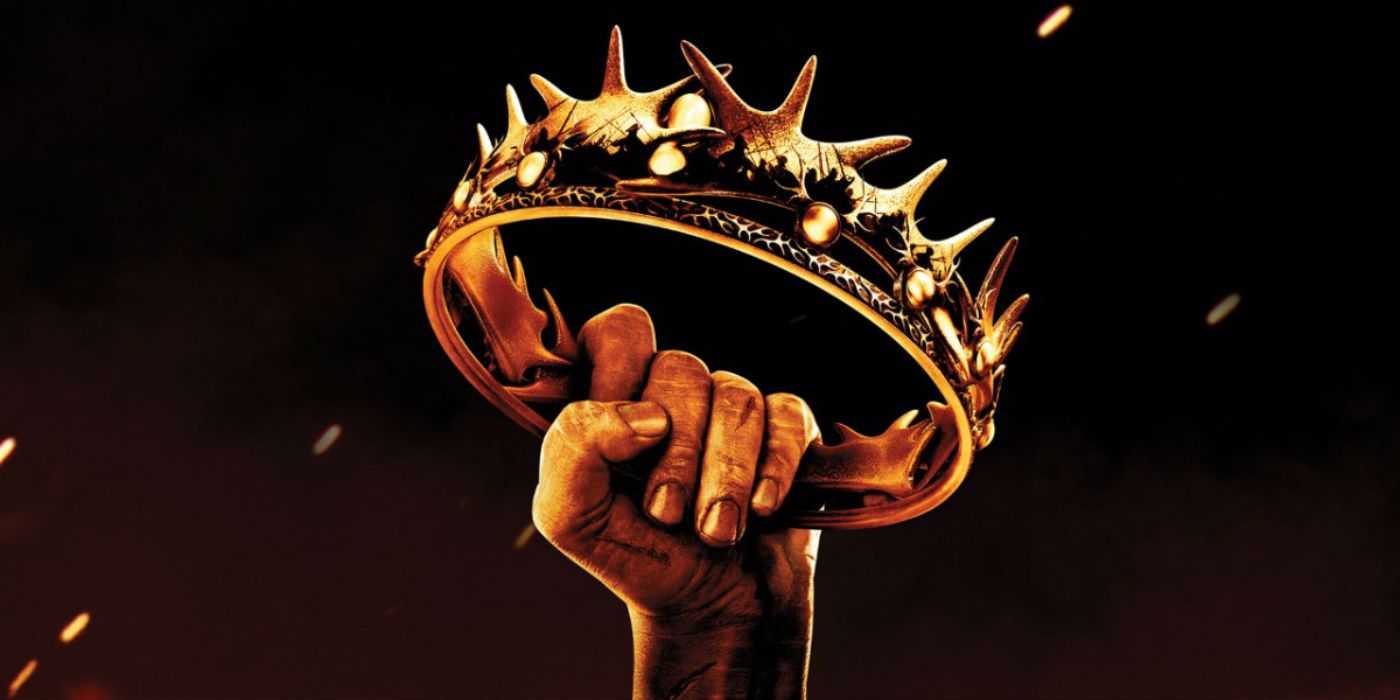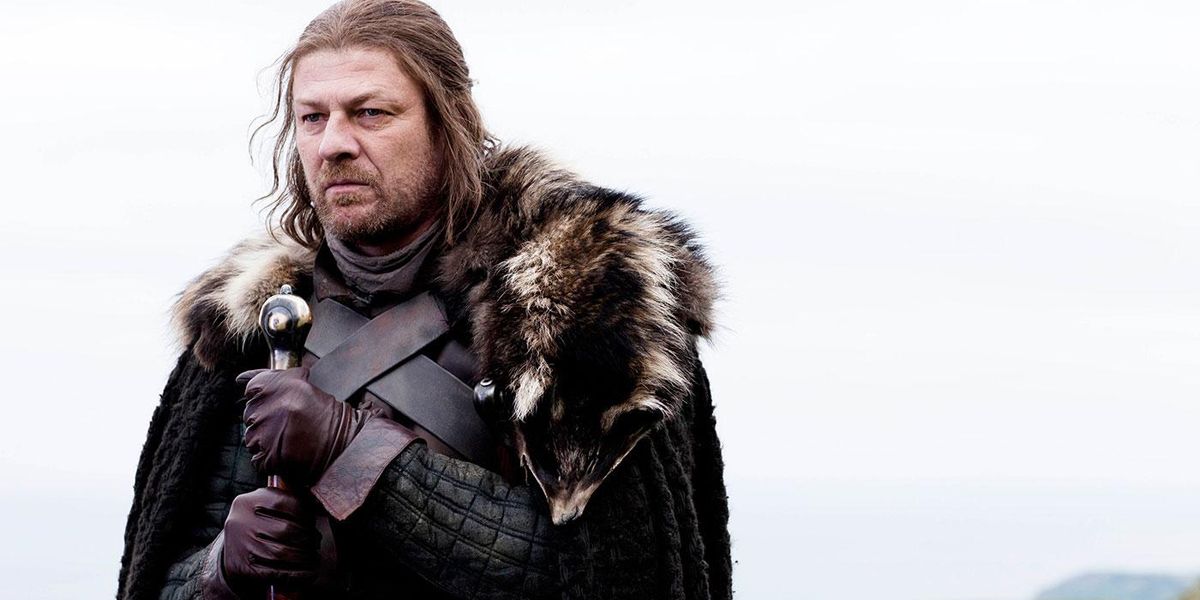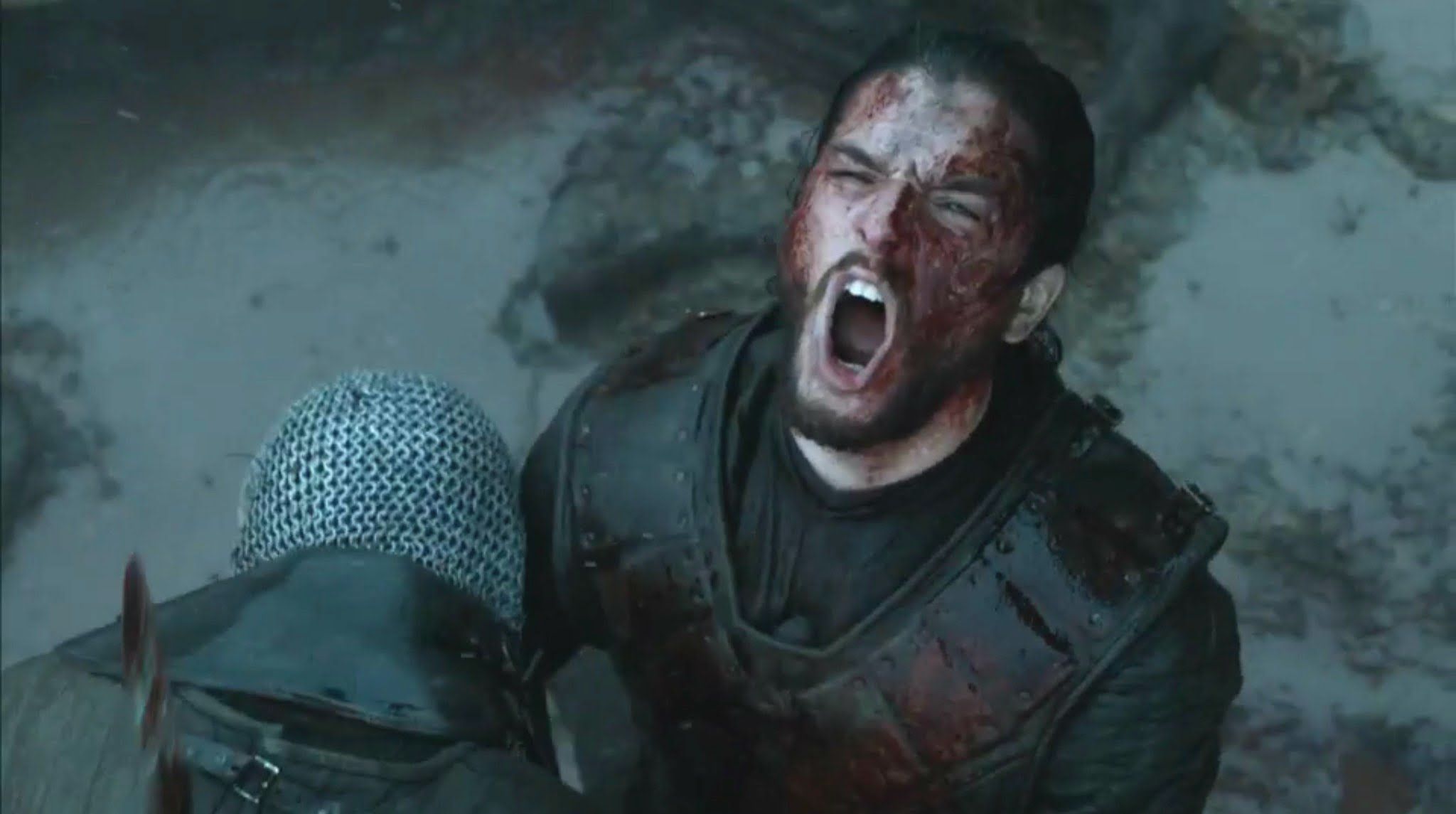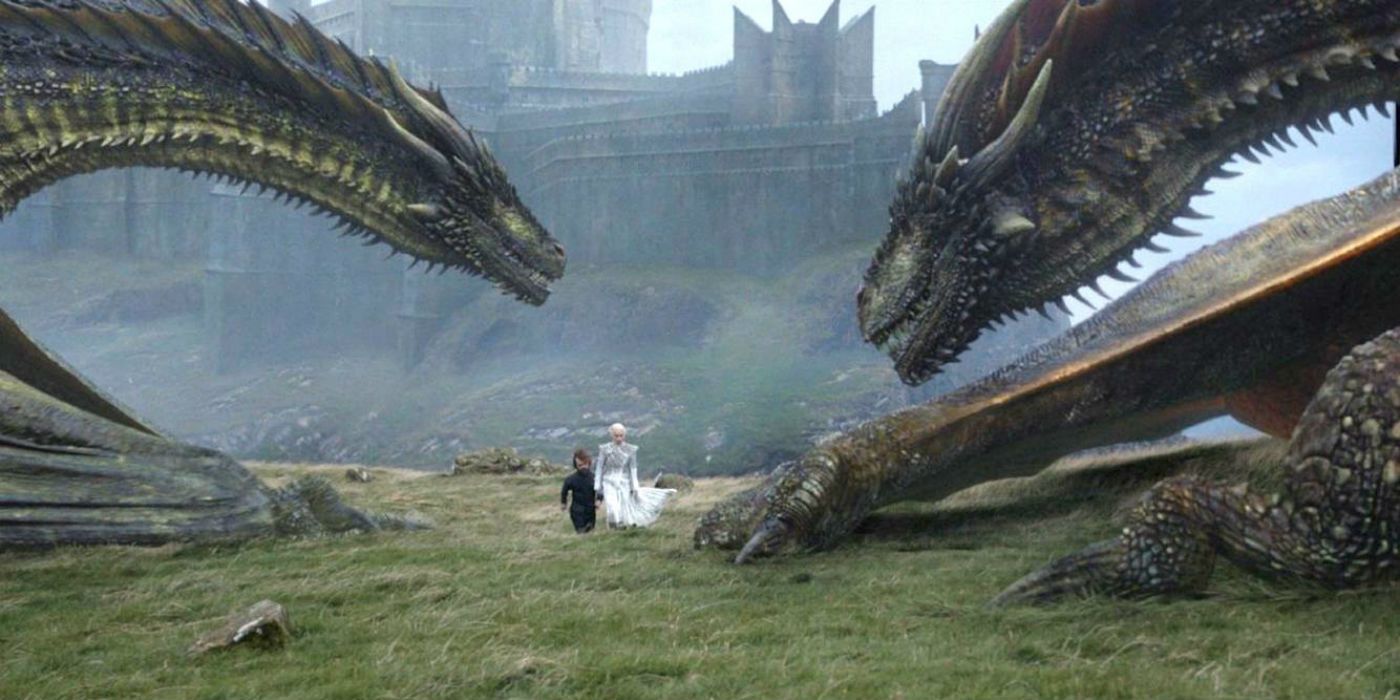Exciting times are ahead for fans of Game of Thrones, as the Whitewalkers will finally descend on Westeros in April 2019, something that was recently confirmed in a sentimental and exciting new video from HBO. The eighth and final season will be comprised of six episodes, and while that doesn't sound like a lot, keep in mind that each installment will be two hours long. Anyone who has ever stuck with a show for the better part of a decade should be able to relate to the fans who may already be wondering what new show they'll turn to after the Iron Throne is filled for the final time -- assuming there's a throne left to sit on -- in the reportedly tear-jerking finale.
Since the success of Game of Thrones became apparent after its first season, audiences and producers alike have been searching for other shows with the potential to emulate the same kind of success as HBO's hit series, not just by hitting the right numbers, but by provoking the same kind of passion and dedication from audiences. It's not easy, and several television shows have already tried and failed when it came time for comparison. We're not saying it's impossible. After all, several television shows have already come close at one point or another.
RELATED: George RR Martin Has Been 'Struggling' With The Winds of Winter
Many of those shows, not always intentionally, have been marketed or discussed as the "next Game of Thrones." But what does that mean? What does it say about the overall value of HBO's fantasy show? To answer the former, we must take a brief look at a few other titans of television. And a lot of the time, any new dark fantasy show, or any show set some time during a medieval-like period, is compared to Game of Thrones.
Netflix's upcoming series, The Witcher, also based on a series of novels, has been compared to Game of Thrones and will no doubt face further comparison when it's actually released. It too is a show revolving around monsters, kings and queens and their petty squabbles, along with a dose of knights and world-changing events. Fans of the novel series, written by Andrzej Sapkowski, will know that the sex and violence alone will be a cause for comparison. Similarly, Black Sails was also compared to Game of Thrones in its earlier season, for no other reason than there were explicit scenes of violence and sex and it took place in an era some time in the past, or close to our past.
RELATED: Game of Thrones' Finale Battle is the Biggest Ever Seen on Television
Then there are the shows like The Walking Dead and Westworld, both of which were immensely popular and every bit as complex and compelling as Game of Thrones, causing audiences and critics to compare them. The Walking Dead even killed off important, well-developed characters almost as willingly as Game of Thrones, which was something of a staple for the latter.
The thing is, complex characters, political intrigue, magic and nightmarish creatures are not exclusive to Game of Thrones, that's not what makes the show so valuable. At least one show in the future will be able to take its place in that respect, no question about it. What no show will be able to do is change the landscape of television like HBO's fantasy series has in its time on air.
NEXT PAGE: Television Was Completely Different Before Game of Thrones' Debut
Prior to 2011, television appeared to be a very different beast: Few television shows received budgets substantial enough for decent effects or costumes, and it seemed major film stars would shudder at the thought of stepping onto the set of a TV show. That all changed after Game of Thrones challenged the beliefs of producers and network execs everywhere by proving with its large-scale battle sequences and effects-heavy world that television was worth investing in, that it was just as capable of captivating audiences as the most tenderly woven film.
Eventually, that led to shows like Westworld and Vikings and many more story-driven shows, because everyone was giving television much more attention, and audiences, as a result, were becoming much more invested in it -- in more ways than one. With larger budgets and larger audiences, film stars were far more willing, if not eager, to headline a series or two. Now, the likes of Julia Roberts and George Clooney are starring in television shows and miniseries (Homecoming and Catch-22, respectively)
It's important to note that none of this was solely due to the success of Game of Thrones. There's also Netflix and the widespread use of the internet to think about, but the fact that the show was able to inspire such confidence in television cannot be denied. You could even go so far as to make the argument that Netflix may not have received funding as easily for its own shows were it not for the HBO series and its overwhelming success.
When the show ends, there will be a vacuum of sorts for another show to try and fill -- a bit like the Iron Throne, if you think about it. Whatever it is, it'll likely be somewhat dark, complex and full of characters that audiences will quickly grow to adore, hopefully without the fear that they'll be killed off in the next episode. George R.R. Martin, author of the A Song of Ice and Fire novel series on which the show is based, is even working on a few spinoff shows, all of which have yet to be titled. However, their success is not guaranteed and, in the end, as we've established, it doesn't really matter.
RELATED: Game of Thrones Prequel Series Adds Josh Whitehouse in Lead Role
The truth of the matter is, however unique Game of Thrones was in its storytelling and production, many shows are capable of providing that kind of excitement to audiences, only none will leave as great a mark on television as Game of Thrones.
Premiering in April 2019 on HBO, the eighth and final season of Game of Thrones stars Peter Dinklage, Emilia Clarke, Kit Harington, Lena Headey, Nikolaj Coster-Waldau, Sophie Turner and Maisie Williams.




